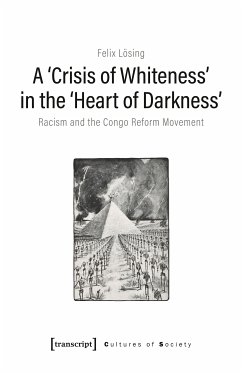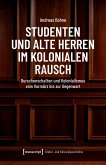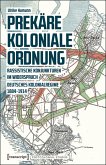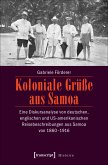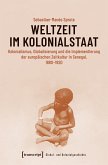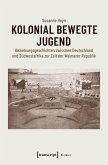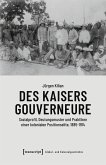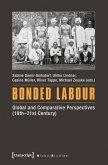>heroic< confrontation of colonial atrocities in the Congo Free State. Its commitment to white supremacy and colonial domination, however, continues to be overlooked, denied, or trivialised. This historical-sociological study argues that racism was the ideological cornerstone and formed the main agenda of this first major human rights campaign of the 20th century. Through a thorough analysis of contemporary sources, Felix Lösing unmasks the colonial and racist formation of the modern human rights discourse and investigates the >historical work< of racism at a crossroads between imperial power and >white crisis<.
Dieser Download kann aus rechtlichen Gründen nur mit Rechnungsadresse in A, D ausgeliefert werden.

